Explainer: Why are Zionists smuggling 'red cows' from Texas to West Bank?
By Mehdi Moosvi
The Al-Qassam Brigades spokesperson Abu Obaida, in a speech marking the hundredth day of the Israeli genocidal war on Gaza on January 14, said the Zionist settlers were "bringing red cows" to the city of occupied al-Quds and provoking native Palestinians.
The masked spokesperson for Hamas’ military wing explained that an Israeli “aggression” was being directed against al-Quds and al-Aqsa, i.e.; “the start of (the Temple Mount) actual temporal and spatial division, and the bringing of red cows as an application of a detestable religious myth designed for aggression against the feelings of an entire nation in the heart of its Arab identity.”
According to reports, the regime in Tel Aviv secretly imported red cows, known as the red heifers, from Texas in 2022 to fulfill an ancient biblical prophecy, and is about to install a massive sacrificial altar in occupied al-Quds as early as the Passover holidays this month.
What is the red heifer 'prophecy'?
The alleged 'red heifer' narrative demonstrates the influence of Zionist beliefs on political environments and the potential for sparking conflicts with far-reaching consequences.
Ancient Jewish texts allegedly claim that the red heifer was the bovine whose ashes were utilized in the cleansing rituals for individuals who had become impure by touching a dead body.
The rules say that the red cow must be a female bovine that has never been pregnant, milked, or yoked and must be like the cow brought to the priests as a sacrifice according to the Torah.
The ancient records say that the ritual necessitates the sacrificial cow must adhere to a stringent criterion. It is imperative that the heifer is entirely red, devoid of any non-red hair, unblemished, and should not have been ridden by anyone.
The Jewish understanding of ancient texts is that if one were to perform any labor with the red heifer, or someone simply riding it or leaning on it, it would no longer be fit for the ceremonial sacrifice.
Some people have put forward more grave suggestions, indicating that there are intentions to imminently carry out the slaughter of a heifer on the Mount of Olives in occupied Jerusalem al-Quds.
It has been reported that certain individuals associated with the Third Temple movement have acquired land in this area specifically for this purpose.
The sacrificial cow is discussed in Numbers 19:1-22 in the Torah, which also reads as the final Torah reading on Shabbat Parah, the Sabbath of the red heifer, which occurs on the last Shabbat of the month of Adar, shortly before Passover.
After the sacrifice takes place, its body must be burnt and its ashes must be used for the ritual purification of corpse uncleanness caused by an Israelite coming into contact with a human corpse, human bone, or grave.
In Jewish tradition, the ashes of a flawless red heifer cow are required for the ceremonial purification necessary for the construction of a Third Temple in Jerusalem.
Muslim Palestinians, however, view it as a provocative symbol of the Israeli regime’s project of settler-colonial expansionism in the occupied West Bank.
Some radical Zionist groups hold a fervent desire for the construction of this temple, as they firmly believe that it would further hasten the coming of the messiah.
Why do Zionists want to build the Third Temple?
After the Second Temple was destroyed by the Romans in 70 CE, at the height of the first Jewish–Roman war, during the Roman siege of al-Quds, it has been prophesied in the Hebrew Bible that Jewish prophets called for the construction of the Third Temple before, or in tandem with, the messianic age.
Radical Jewish groups say that the construction of the temple should take place on the elevated plateau in the old city of al-Quds, specifically on the Temple Mount, where the al-Aqsa compound, one of the holiest sites in Islam, currently exists.
It is believed by Zionists that this event will mark the coming of the messiah.
The red cow holds such significance that the Temple Institute, a Zionist organization established in 1987 that advocates for the rebuilding of the temple, has made it their mission to locate one.
They had raised funds to transfer frozen embryos into a cow's uterus at a nearby barn, utilizing biotechnology to fulfill a biblical prophecy through their initiative known as "Raising the Red Cow in Israel."
“The ashes of the red heifer, essential for the renewal of the Divine service in the Holy Temple, is one of the Torah's most fascinating and mysterious commandments,” said The Temple Institute.
What are its possible repercussions?
Last week, on March 27, a conference was held near the occupied West Bank city of Nablus at an unauthorized Israeli settlement known as Shilo.
A small group of Israelis gathered at this location to participate in discussions centered on the religious importance and essentiality of cows. Additionally, the conference offered attendees the chance to observe these animals.
“This is a new moment for Jewish history,” Chaim, a 38-year-old Israeli settler, was quoted as saying by the Middle East Eye as he prepared to take his seat.
“These cows were brought all the way from Texas and were reared in special conditions to maintain their purity,” said Yahuda Singer, a 71-year-old from the Mitzpe Yericho settlement and the translator of a pamphlet on red heifers.
The Zionists believe once the Third Temple is completed, it will speed up the coming of their messiah, known to Muslims as the Dajjal.
The intent of the Zionists is the utter destruction of al-Aqsa so they can commence building the Temple of Dajjal on top of the ruins of it.
It's so important for the Jews to return and rebuild the temple," Jewish activist Melissa Jane
According to political experts, if Israel goes ahead with its plan to demolish the al-Aqsa Mosque, it would be an open invitation for the Muslim world to annihilate the regime.
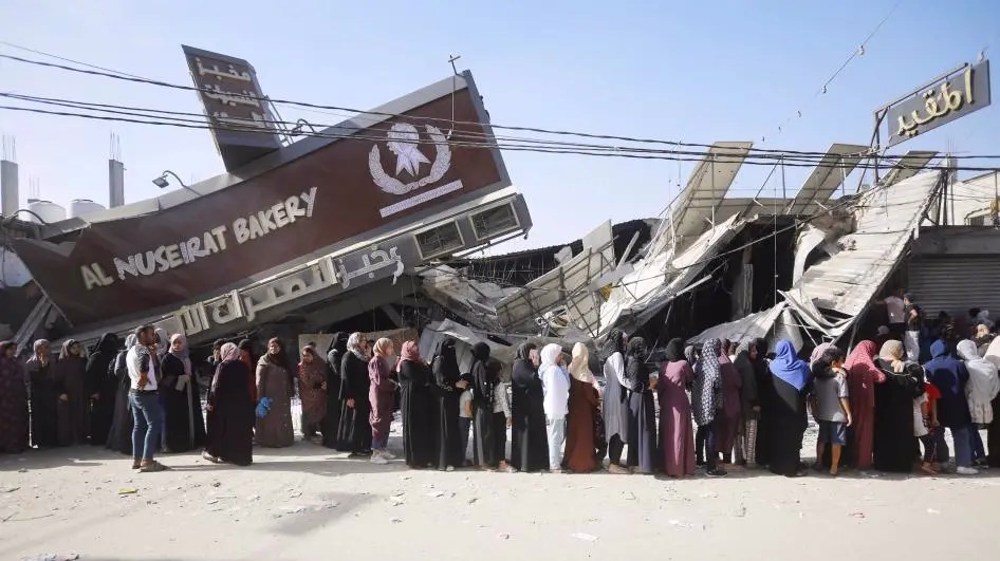
UN experts: Israel again 'weaponising starvation' in Gaza
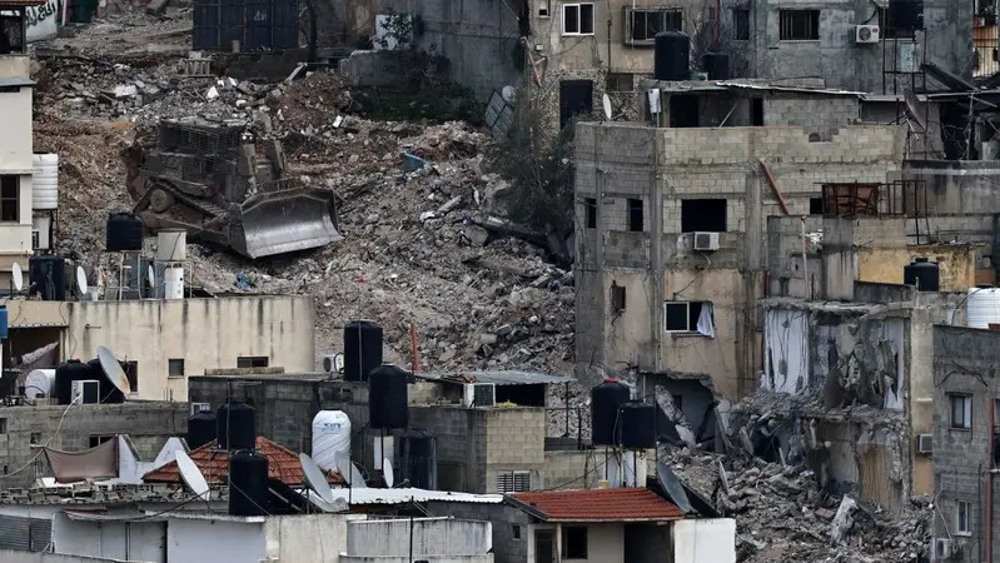
UNRWA: Israel's West Bank aggression aligns with annexation 'vision'
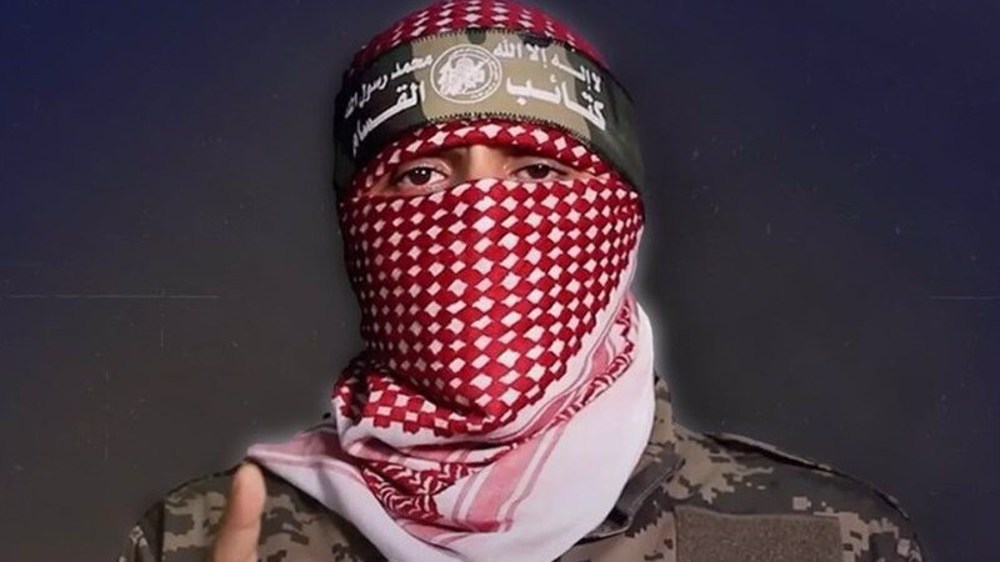
Hamas ready for 'all possibilities' after 'last warning' by Trump
New Israeli military chief mulls plan to restart war on Gaza: Report
VIDEO | Press TV's news headlines
Israeli forces violently raid Nablus mosques on first Ramadan Friday
Americans' sympathy for Israel hits record low: Poll
Report: US intelligence ban renders UK missiles useless for Ukraine
Report: US to use AI to revoke pro-Palestine student visas
'Deeply alarming': UN warns of situation in occupied West Bank
Trump presents contentious plans in congressional debut


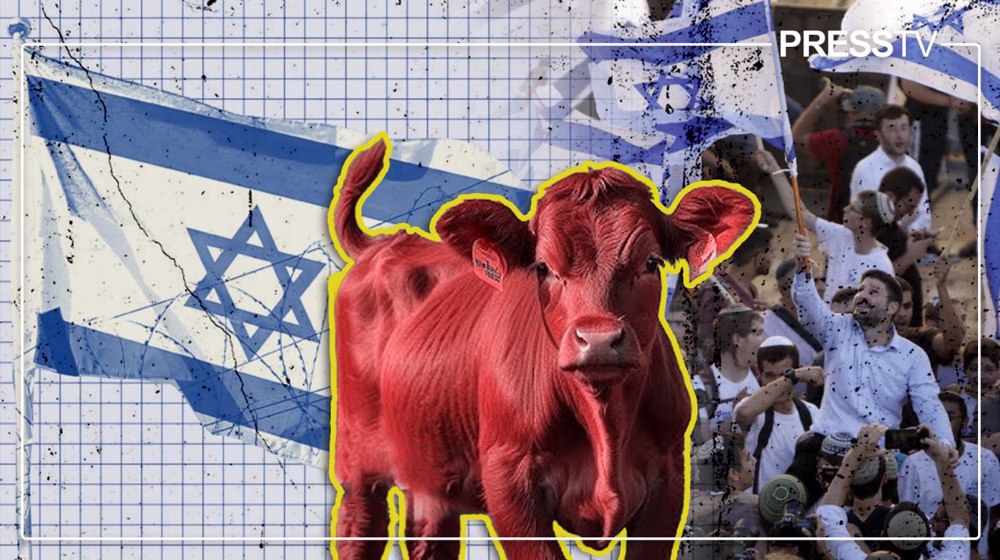
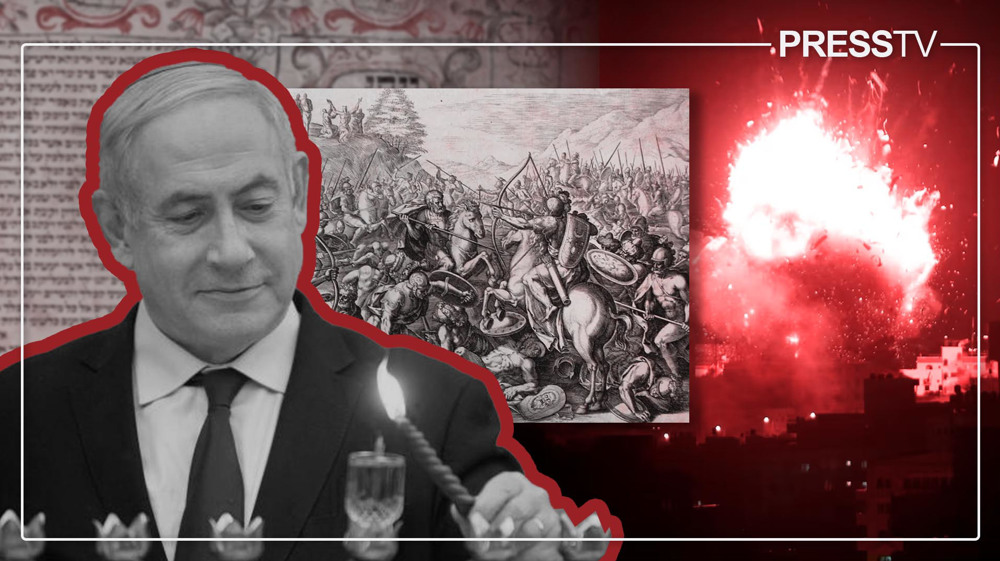





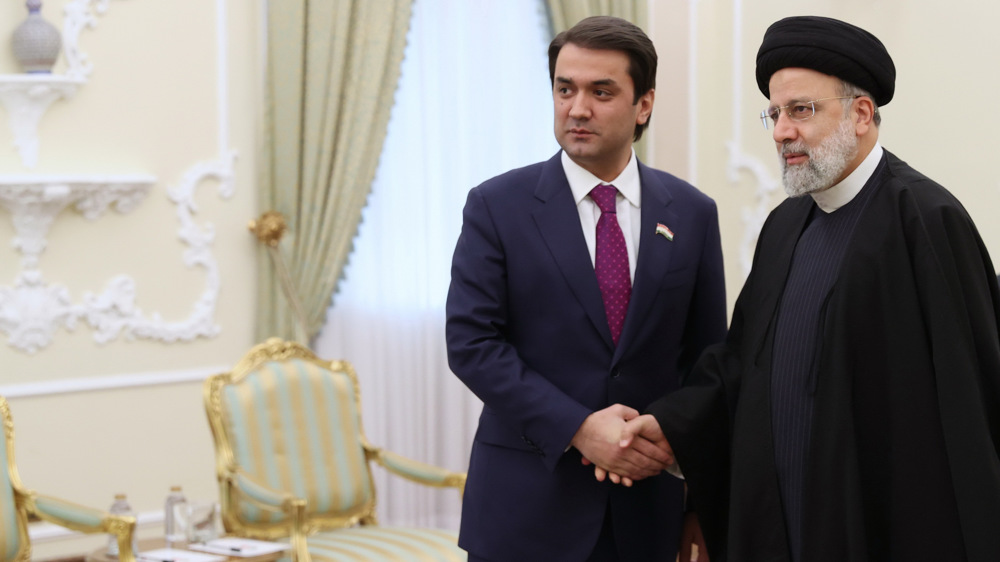
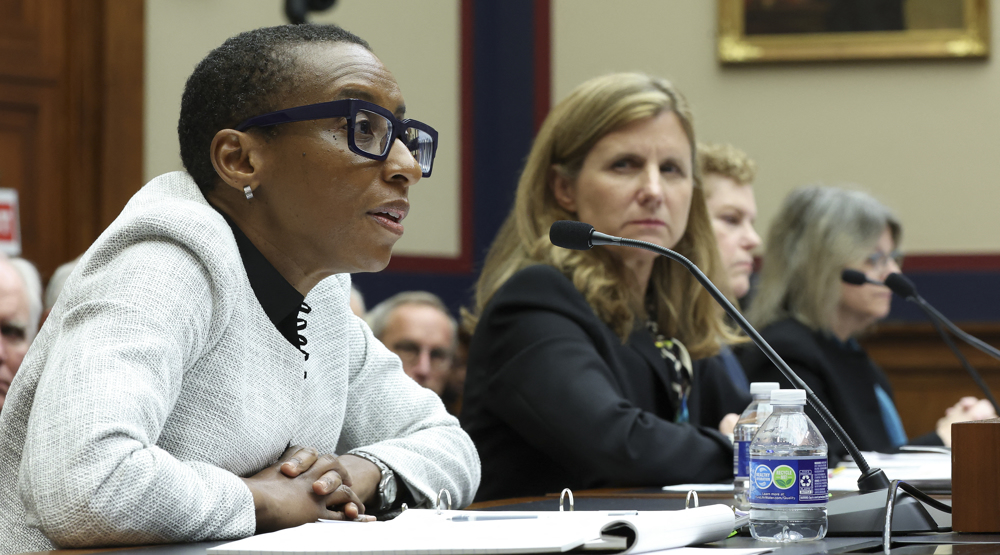

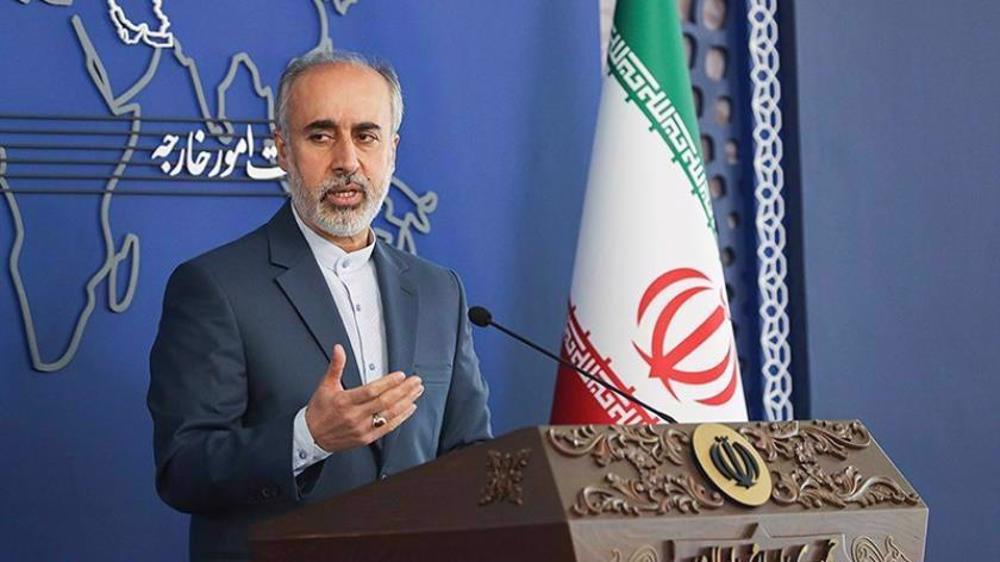

 This makes it easy to access the Press TV website
This makes it easy to access the Press TV website